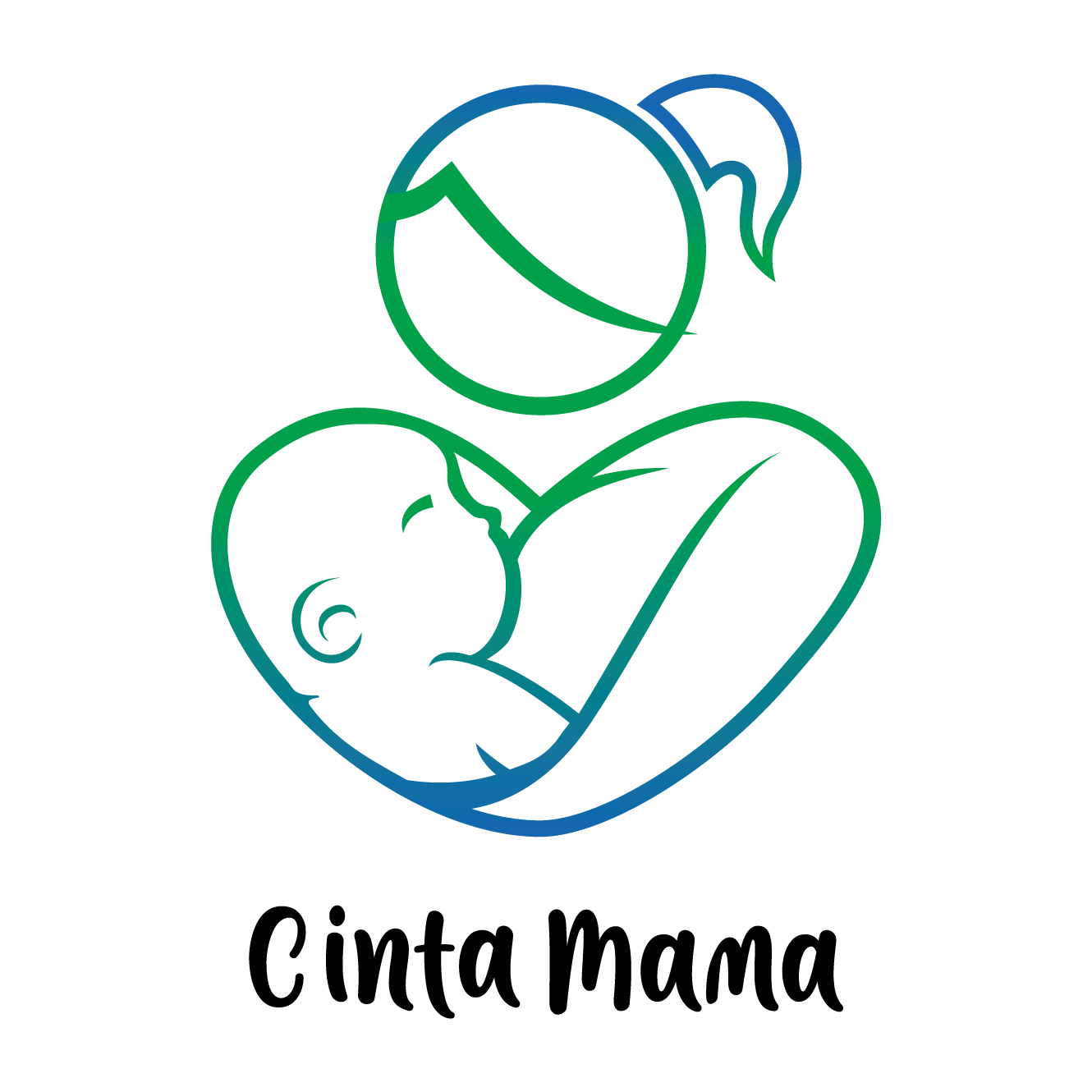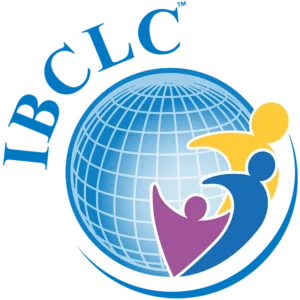IBCLC: An Overview of the International Board Certified Lactation Consultant
Breastfeeding is a natural and essential process that provides numerous benefits to both mother and baby. However, many women face challenges while breastfeeding, such as latching difficulties, low milk supply, sore nipples, and other issues. That's where the International Board Certified Lactation Consultant (IBCLC) comes in.
An IBCLC is a healthcare professional who specialises in providing lactation support and counseling to mothers and infants. IBCLCs are trained and certified to provide comprehensive, evidence-based care to help mothers and babies achieve optimal breastfeeding outcomes.
To become an IBCLC, a candidate must meet specific education and clinical experience requirements, pass a rigorous exam, and adhere to a strict code of ethics. This certification ensures that IBCLCs have the knowledge and skills needed to provide high-quality lactation care.
The IBCLC certification is recognised as the gold standard in lactation support. It is the only internationally recognised certification for lactation consultants. IBCLCs work in a variety of settings, including hospitals, clinics, private practices, and public health agencies.
What Does an IBCLC Do?
An IBCLC provides a range of services to support breastfeeding mothers and infants. They assess breastfeeding and lactation concerns, provide education and counseling, and offer practical solutions to help mothers overcome any challenges they may be experiencing.
An IBCLC can assist with:
Latching difficulties: An IBCLC can help a mother and baby achieve a proper latch, which is essential for successful breastfeeding.
Low milk supply: An IBCLC can help a mother increase her milk supply through various techniques and strategies.
Sore nipples: An IBCLC can assess and address the underlying causes of sore nipples and provide tips to alleviate discomfort.
Breastfeeding positions: An IBCLC can help a mother find comfortable and effective breastfeeding positions that work for her and her baby.
Breastfeeding and working: An IBCLC can help working mothers plan for successful breastfeeding while working outside the home.
Breastfeeding multiples: An IBCLC can provide support and guidance to mothers of twins, triplets, or more.
IBCLCs also work with healthcare providers to promote and support breastfeeding. They collaborate with physicians, nurses, midwives, and other healthcare professionals to ensure that mothers and infants receive comprehensive lactation care.
Benefits of Working with an IBCLC
Working with an IBCLC has numerous benefits for both mothers and infants. Some of the benefits include:
Increased breastfeeding success: Studies have shown that mothers who work with an IBCLC are more likely to breastfeed successfully and for a more extended period.
Improved infant health: Breastfeeding provides numerous health benefits to infants, including a reduced risk of infections, allergies, and chronic diseases.
Working with an IBCLC can help ensure that infants receive the full benefits of breastfeeding.Increased maternal confidence: Breastfeeding can be challenging, especially for new mothers.
Working with an IBCLC can help mothers feel more confident and empowered in their breastfeeding journey.Individualized care: An IBCLC provides personalised, evidence-based care to meet each mother and baby's unique needs.
Access to additional resources: IBCLCs can provide referrals to other healthcare providers or community resources to support mothers and infants further.
Conclusion
Breastfeeding is a natural and essential process, but it can also be challenging. Working with a consultant can provide the support, guidance, and education needed to overcome any obstacles and achieve optimal breastfeeding outcomes. IBCLCs are highly trained and certified healthcare professionals who provide evidence-based care to mothers and infants. They play a vital role in promoting and supporting breastfeeding and improving maternal and infant health outcomes.

